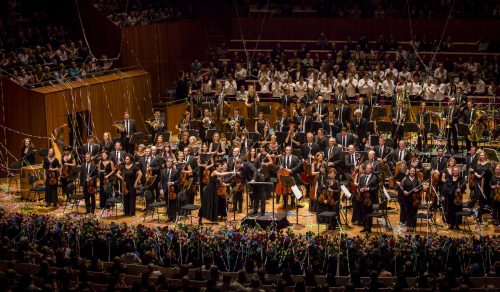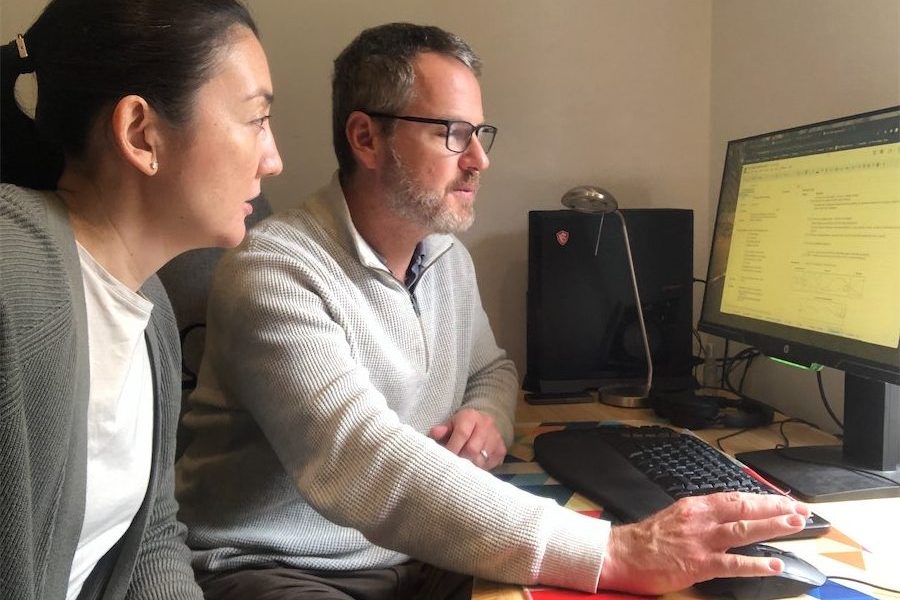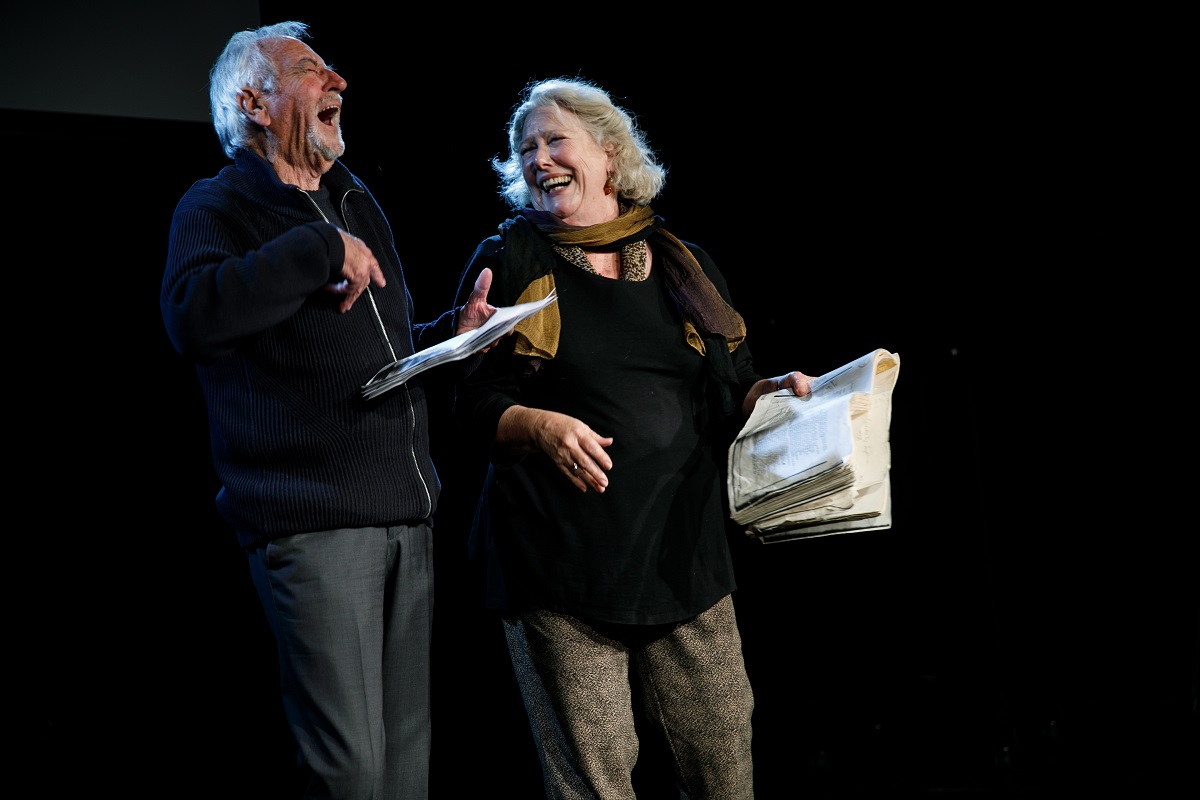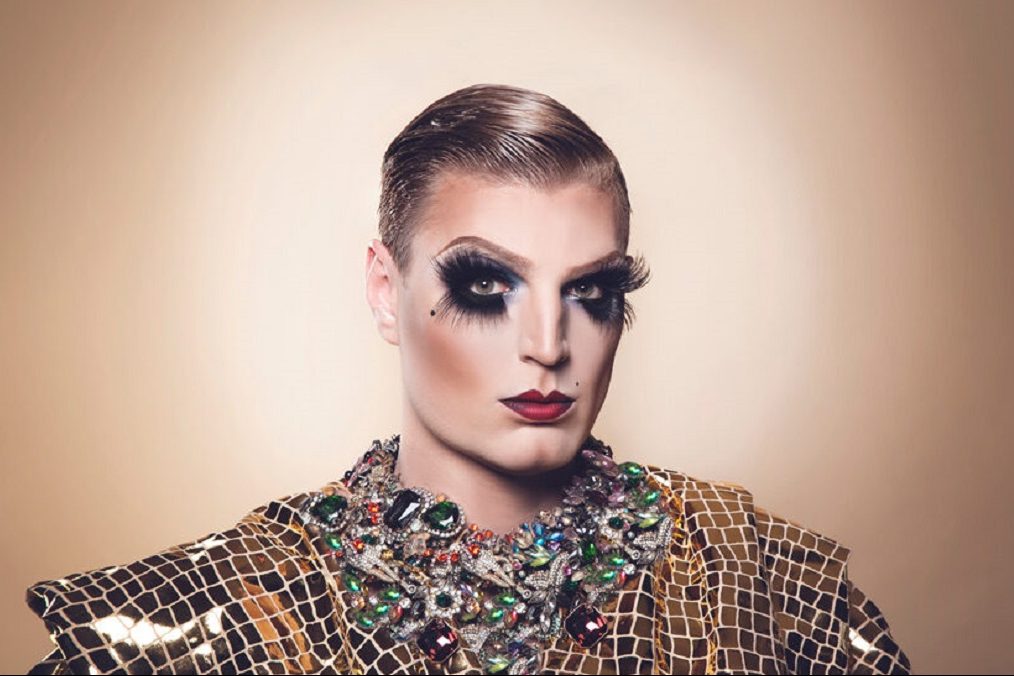
OVER the past year, a cloud of doom has hung over most people’s heads, and composer Paul Dean is no exception.
Dean’s new work, simply titled “Symphony”, is the commissioned centrepiece of three concerts by the Australian World Orchestra, playing under the baton of conductor Alexander Briger. It will see its world premiere at Llewellyn Hall in June, but Dean initially struggled to give it a positive slant.
Now the symphony is full of life and light, with the opening movement describing sunrise at his local park, as the birds, played by five of the wind players scattered throughout the hall, wake slowly but in full voice.
However, written during 2020 as Australia faced bushfires and covid, its genesis is not so optimistic.
“My thought originally was to call that piece “Symphony – Requiem For A Dying Planet”, Dean tells me by phone from Brisbane, where he heads up the winds department at Queensland Conservatorium.
“This stayed with me for quite a while, then after completing my first version I walked away for four days, went to the beach, and decided that what I’d written was absolutely horrible, with too many ideas and too much angst.
“I wrote nearly two symphonies worth of music and ended up abandoning much of it… I couldn’t expect anyone to listen to it or play it as it was,” he decided.
“There comes a point when you need light,” Dean says, describing how he went back to the score.
All the while Dean had in mind a favourite poem, “The Second Coming” by WB Yeats, written during the last global pandemic in 1919, which concludes, “And what rough beast, its hour come round at last / Slouches towards Bethlehem to be born?”
In his revised and ever-so-slightly more optimistic version of the symphony, Dean pictures even the best of us doing just that – slouching towards Bethlehem, not going at it in a flying leap.
Another piece of writing which resonated with Dean was Charlie Chaplin‘s final speech from “The Great Dictator”, in which his character says, “I’m sorry, but I don’t want to be an emperor… I don’t want to rule or conquer anyone”. Not much of that sentiment around these days but it reminded him that “people come to hear music and they want to feel moved by it, not be dictated to”.
“It’s also important for me not to be too prescriptive in the program notes,” he adds.
“People will make up their own minds what it’s about. It’ll be partly up to the mood of the listener as to whether they come out of it uplifted, questioning or depressed.”
Dean is aware of the concept of The Doomsday Clock, signalling the likelihood of a man-made global catastrophe, and notes that even as the polar ice caps are melting, we don’t have real action from the government. ”We should be terrified and the end of my symphony is my opinion – it’s up to us as to what we’re going to do about the planet.”

“Symphony” will be performed by the 52 players (48 from across Australia and four from overseas) in the 2021 Australian World Orchestra line-up, alongside Schumann’s 2nd Symphony and Beethoven’s dramatic Coriolan Overture, and is the orchestra’s first tour in more than 18 months.
Founded in 2010 by Briger, the orchestra’s mission is to bring together Australia’s top classical musicians from ensembles at home as well as all around the world.
“Following 2020’s silencing of live music making, it will be more precious than ever to see musicians from across the country unite together in these performances,” Briger says.
“A number have returned to Australia by choice or necessity and for audiences and musicians alike, the thrill and joy of live music performances will be incredibly poignant.”
Australian World Orchestra, at Llewellyn Hall, Wednesday, June 2, 7.30pm, book here.
Who can be trusted?
In a world of spin and confusion, there’s never been a more important time to support independent journalism in Canberra.
If you trust our work online and want to enforce the power of independent voices, I invite you to make a small contribution.
Every dollar of support is invested back into our journalism to help keep citynews.com.au strong and free.
Thank you,
Ian Meikle, editor




Leave a Reply